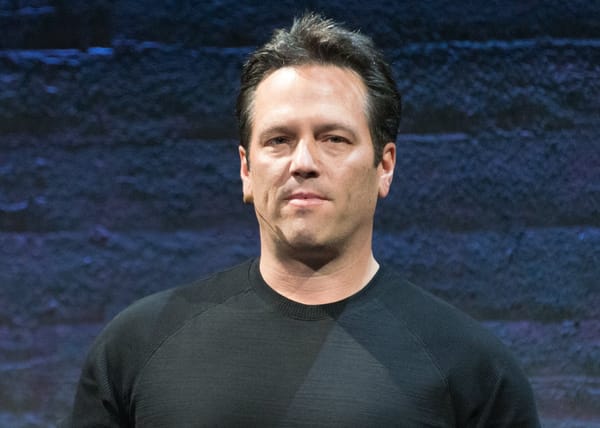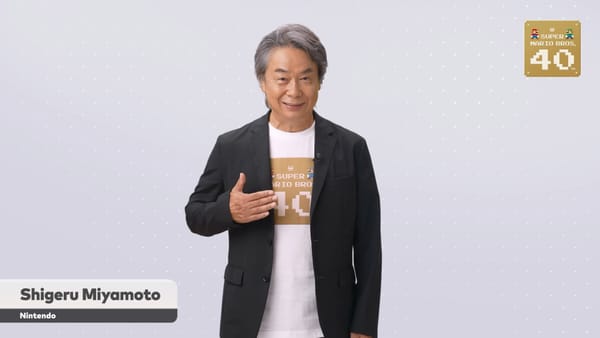The best superhero game is Persona 5
Persona 5 tackles an essential side of superheroes that no other game does.
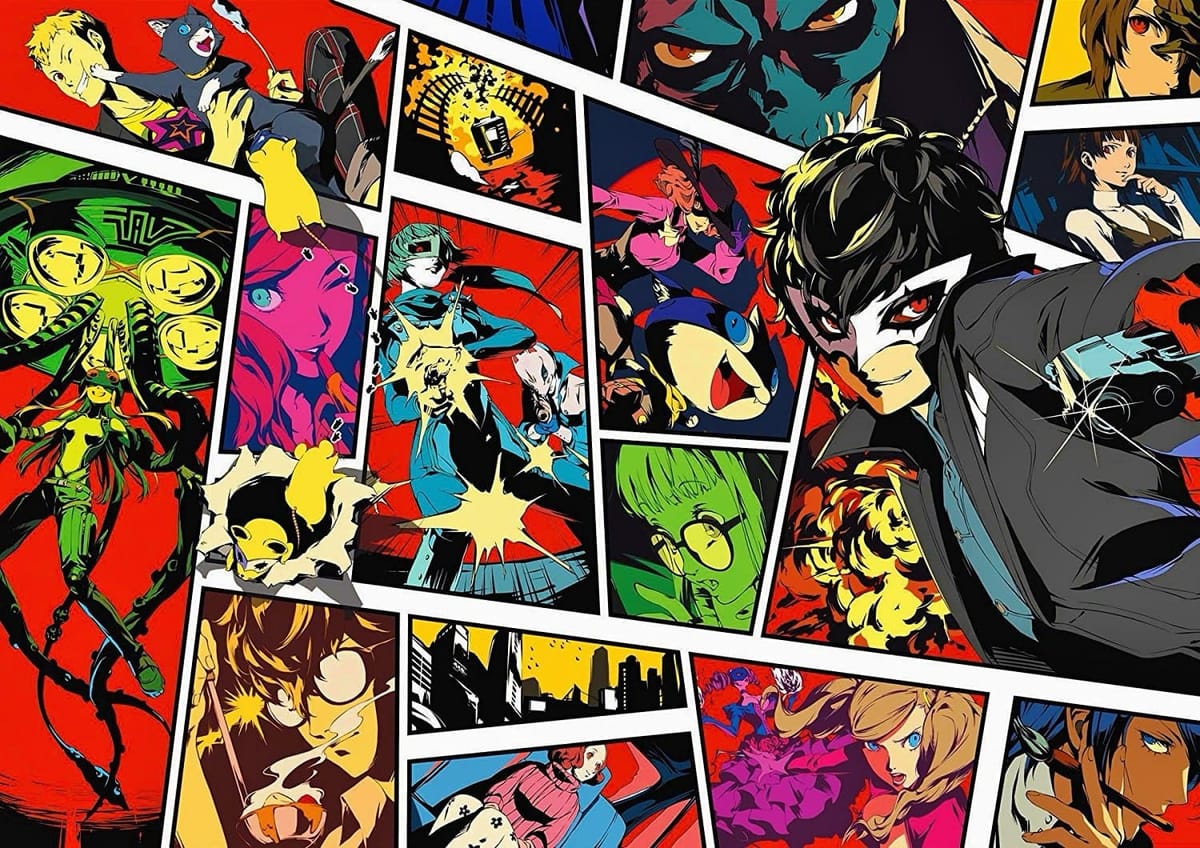
Good superhero games are hard to make.
This feels surprising, because superheroes and video games seem like a natural fit. The first superhero game was released over 45 years ago. There is the (incorrect) perception that the audience for both consists solely of teenage boys. And while both are very diverse forms of media, most people see action at the core of both: Bang, Whack, Pow works just as well on the page as it does in a game.
But for every great video game, like the Marvel vs Capcom series, there are many more failures like Superman 64. Hell, the same developer that made the Batman Arkham series — regarded as some of the best superhero games — also made Suicide Squad: Kill the Justice League, a flop so monumental that Warner Bros took a $200 million loss on it.
By contrast, my favorite superhero game is one many people might not think of as a superhero game at all. It was originally released in 2016 and is not an action game, but a turn-based RPG. It does not star any licensed character from a comic, but rather an original group of Japanese teenagers: Persona 5.
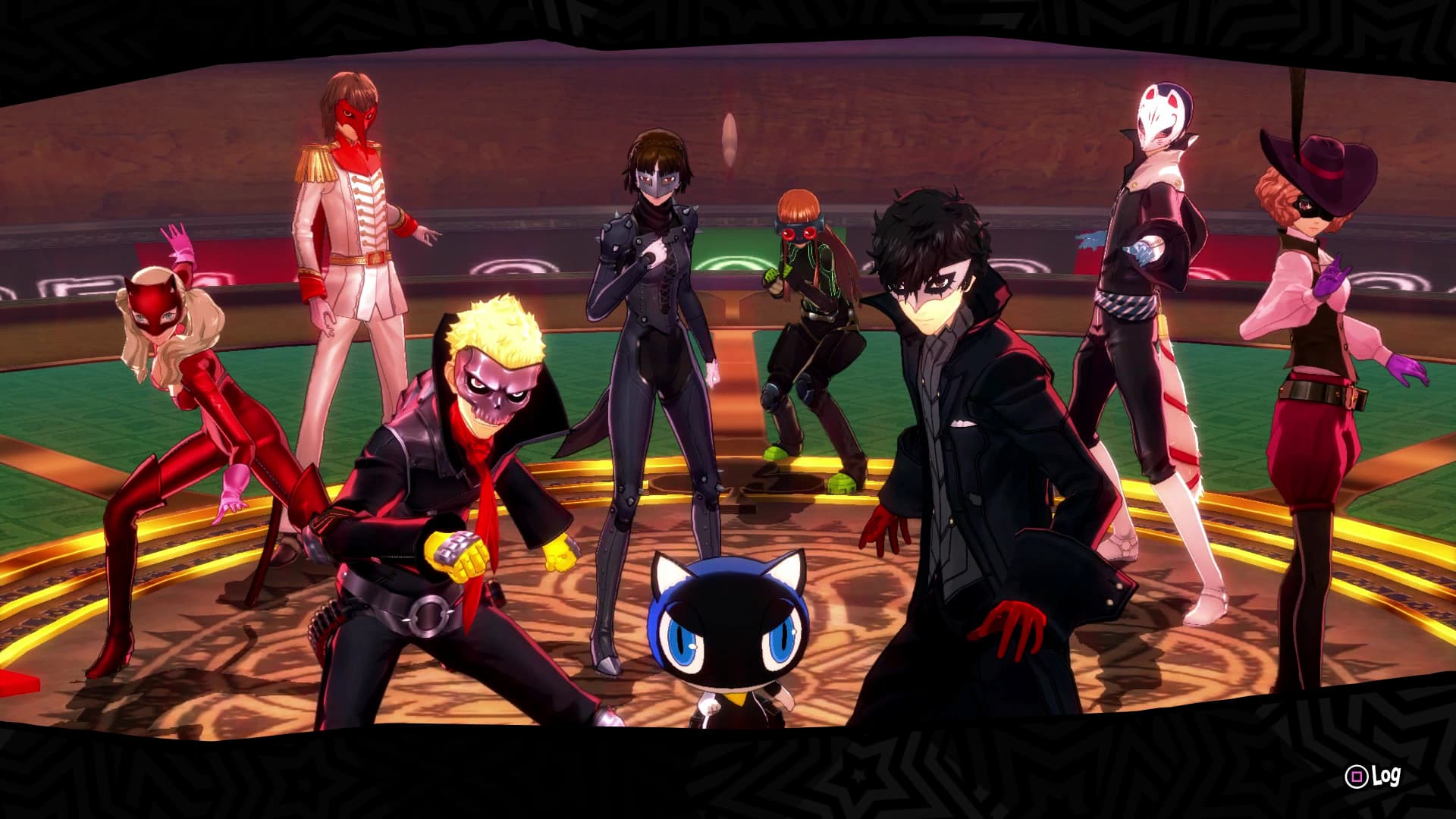
But wait, hang on: is that really a superhero game? Let’s look at Wikipedia’s definition of a superhero:
A superhero or superheroine is a fictional character who typically possesses superpowers or abilities beyond those of ordinary people, is frequently costumed concealing their identity, and fits the role of the hero, typically using their powers to help the world become a better place, or dedicating themselves to protecting the public and fighting crime.
Persona 5 is about a group of Japanese teenagers. By day, they’re seemingly ordinary students at a high school in Tokyo. At night, they put on costumes, conceal their identities with codenames and wield special powers to bring evildoers to justice.
So yeah, they’re superheroes. And what I love is that it does things no other superhero game does. But before we get to that, let’s look at the state of the genre.
Superman for the Atari 2600 was released in 1979, the first comic superhero to appear in a game. Games were extremely limited back then; this one didn’t even have combat. All Superman could do was fly to an enemy, touch him to pick him up, and then fly him to jail.
If anything, the technical and creative limitations in the early years of gaming seemed a good match for superheroes. Action and platforming games were popular and superheroes could easily be grafted on to this structure, as with Sunsoft’s Batman for the NES or Konami’s Teenage Mutant Ninja Turtles series.
As games became more realistic though, the cracks began to emerge. In a more abstract era, Spider-Man battling giant rats in the 1990 PC game doesn’t seem too out of place. But in the realistic New York cityscape of the PlayStation 5 game, it feels strange that Spider-Man has the strength to fling cars around but is also weak enough that he staggers when punched by a regular human enemy.
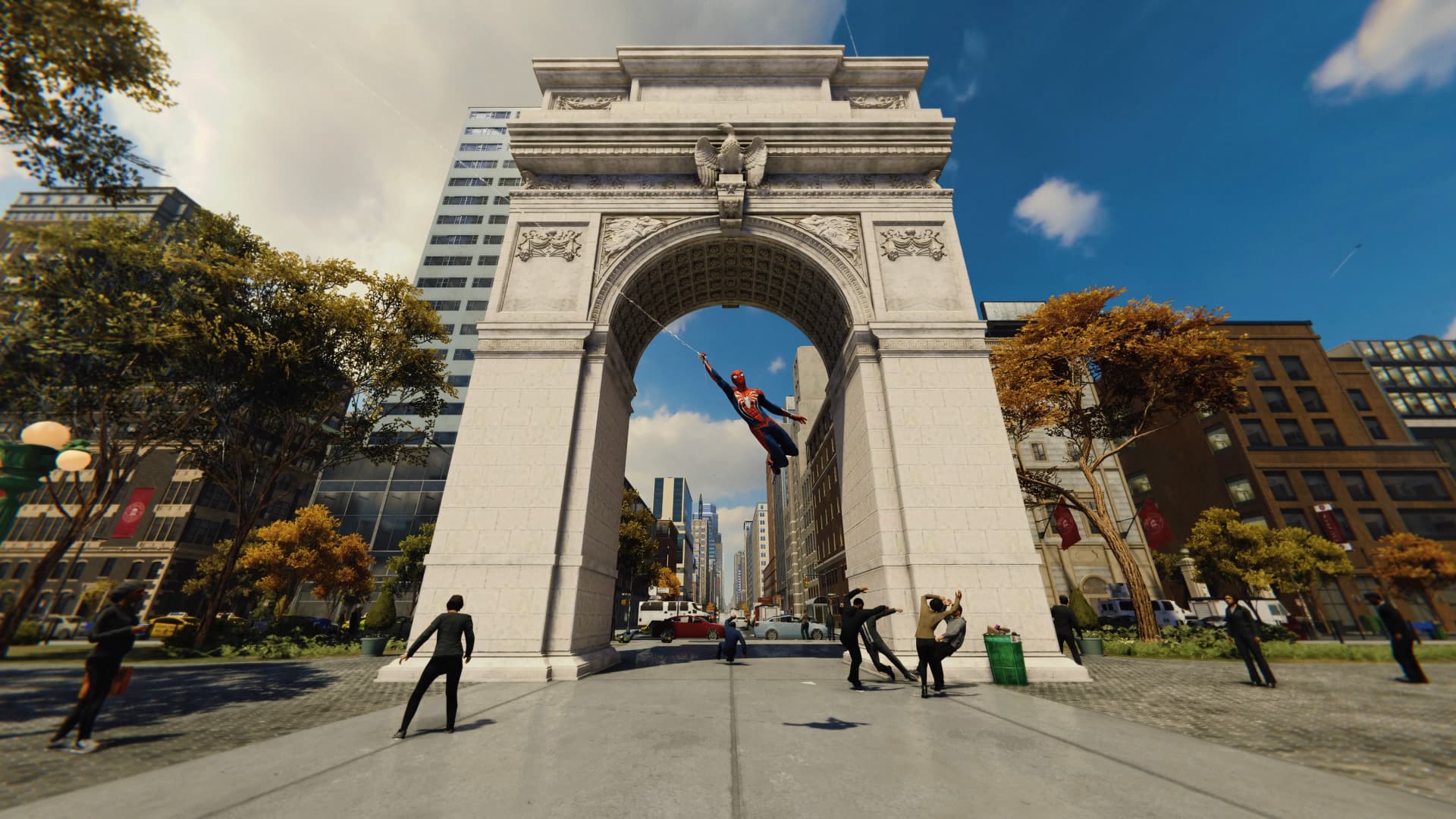
The Spider-Man games do try to do more with their alter-egos, with occasional sections where you control Peter Parker and Miles Morales. But these sequences are effectively interactive cinematic sequences; you have no real choices or agency.
Here’s where Persona 5 excels. You spend significant time playing both sides of your character’s dual identities, balancing the needs of student life with fighting evil as a superhero.
Persona games run on a calendar system, with each day divided into two segments. You have a hard deadline with a daily countdown to complete certain dungeons or story events, but in between you’re free to spend your days however you want. Do you brush up on schoolwork to improve your character’s stats? Hang out with a friend to unlock new skills in battle? Or take on a request for your superhero team to right a wrong?
There isn’t enough time in Persona 5 to do everything, which ends up being a very welcome source of tension because you have to make hard choices on what to prioritize. You can’t do everything.
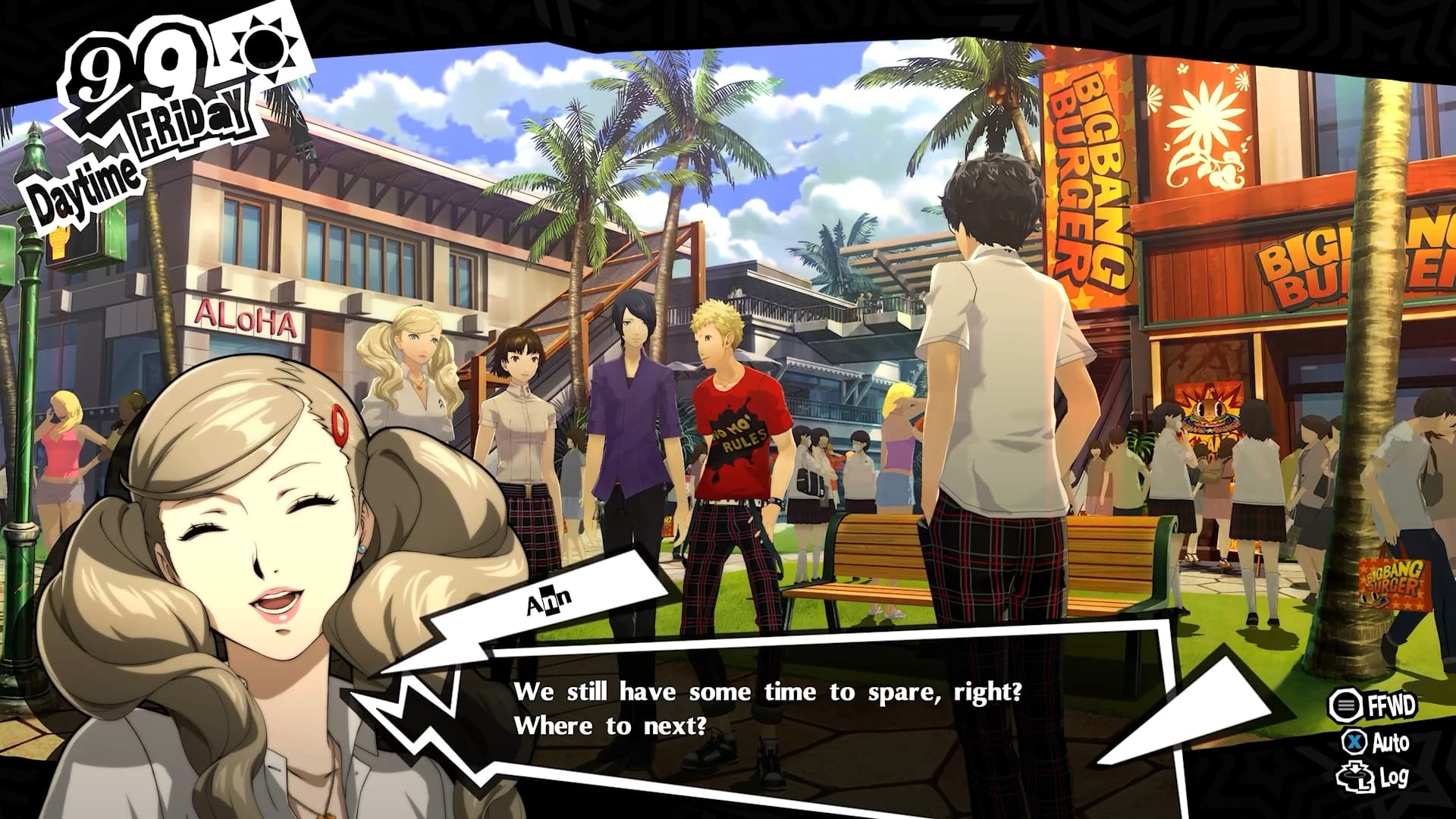
And this actually mirrors a common element in many superhero stories, where the hero struggles to balance the burden of their secret life with their real one. Think of Sam Raimi’s Spider-Man 2: it starts with Peter failing at his job, failing at school and growing apart from his friends because of the demands of being a hero.
But this doesn’t happen in superhero games. That tension doesn't exist in Sony's Spider-Man. Those games dictate when you get to play as Peter or Miles — you never get to choose when to take off the costume. As an open-world game, you can choose what order you do missions… but there are no time limits. If Electro’s causing havoc downtown, but you choose to take a small detour to stop a robbery first, nothing changes; you haven’t missed the chance to capture Electro, nor has the delay resulted in any more damage (or casualties). There are no consequences to your choices, no penalty to putting off a mission, and therefore no tension.
To be fair, that is not the game that the developers of Spider-Man want to make. And there's nothing wrong with that, necessarily; power fantasies are fun too, and I do enjoy the Spider-Man games for what they are.
But it means that Persona 5 is delivering something truly different in the genre by putting the pressure on you. You’re the one weighing up whether to help someone or help yourself; whether to bust a crime ring or go on a date, knowing that whatever you choose, the time is ticking away and you may not get the chance to choose the other.
It’s an experience I’ve never been able to play in a game starring Batman, Spider-Man or any other comic figure. And that’s why Persona 5 is my favorite superhero game.


